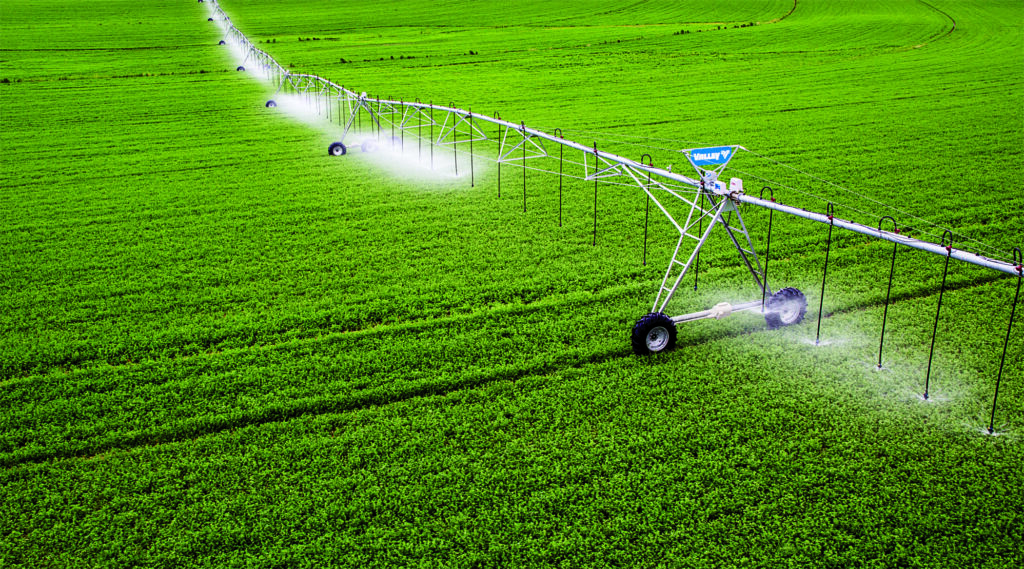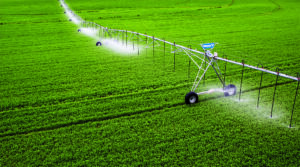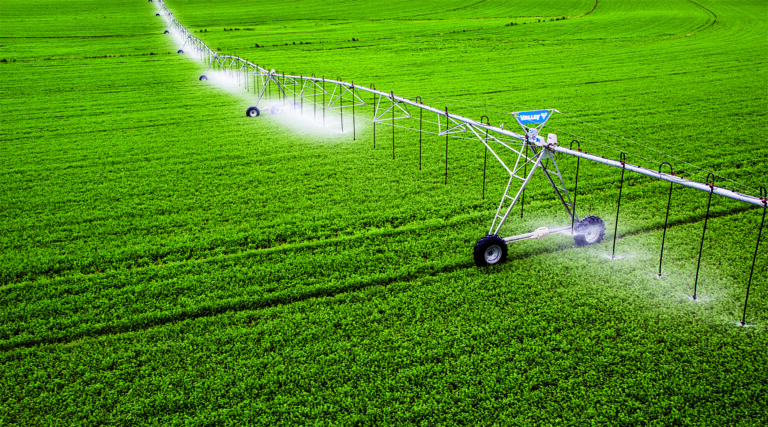A career in agriculture has become increasingly appealing in today’s ever-changing economic landscape. The agricultural sector provides a wealth of opportunities with the growing need for sustainable practices and creative solutions. This article goes into the world of agriculture business, including important topics like agriculture business degrees, farm business management, and agriculture business jobs.
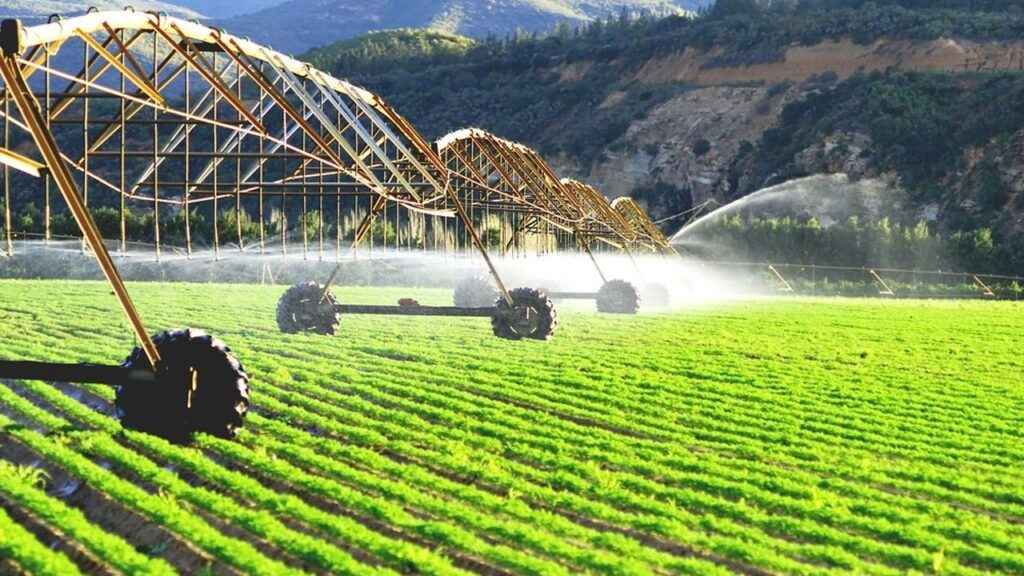
Introduction
Agriculture has evolved from basic farming practices to a sophisticated sector that incorporates technology and financial acumen. This article dives into the numerous aspects of the farm business, putting light on the educational paths, job opportunities, and obstacles that people in this industry confront.
The Value of Agriculture Business Degrees
Agriculture business degrees provide the groundwork for a prosperous career in this area. These programs prepare students for a variety of professions such as agricultural economists, farm managers, and market analysts by providing them with a combination of agricultural knowledge and business abilities.
Nurturing Tomorrow’s Leaders: Agriculture Business Management Programs
Agriculture business management programs concentrate on developing agricultural-specific leadership and management skills. Students learn about resource allocation, strategic planning, and environmentally friendly practices, which prepare them to direct agricultural businesses to success.
Lucrative and Diverse: Exploring Agriculture Business Jobs
Agriculture business graduates have a different job market, with opportunities ranging from agribusiness consultancy to agricultural financing. Professionals can pursue careers in agricultural marketing, supply chain management, and agricultural policy analysis, all of which contribute considerably to the success of the business.
Skillsets in Demand: What Employers Look for in Agriculture Graduates
Employers are looking for graduates who have a mix of technical expertise and soft qualities. Because of the industry’s dynamic nature, effective communication, problem-solving talents, and adaptability are desired attributes.
Technical expertise is the basis of what businesses seek in agriculture graduates. A thorough understanding of agricultural sciences, such as crop management, soil health, and pest control, is required. Graduates should be able to use advanced farming technologies such as precision agriculture tools and data analytics systems. Furthermore, understanding agriculture economics and market trends is critical for making sound business decisions. Employers respect graduates who offer specific expertise and technical knowledge to their job teams, allowing agricultural enterprises to succeed in a constantly changing market context.
Employers strongly value problem-solving abilities. Agriculture is filled with difficulties, ranging from erratic weather patterns to pest infestations. Graduates, who can critically examine conditions, recognize challenges, and design novel solutions are invaluable assets to any agricultural venture. These problem-solving abilities must extend beyond the area; graduates must be capable of tackling business-related difficulties with creativity and strategic thinking, such as market volatility and resource allocation.
Entrepreneurship in Agriculture: Building Your Own Agribusiness
Agriculture entrepreneurship provides opportunities for innovation and creativity. Individuals can start profitable agricultural companies and contribute to the sector’s development with the correct business idea and a strong awareness of market trends.
Innovation is the driving force in agricultural entrepreneurship. Entrepreneurs are urged to go beyond the box when it comes to farming techniques and technologies. Adopting modern agricultural practices, such as vertical farming and hydroponics, leads to increased productivity and sustainability. Innovative ways not only increase crop yields but also reduce environmental effects, bringing agribusinesses in line with the global push for environmentally responsible solutions.
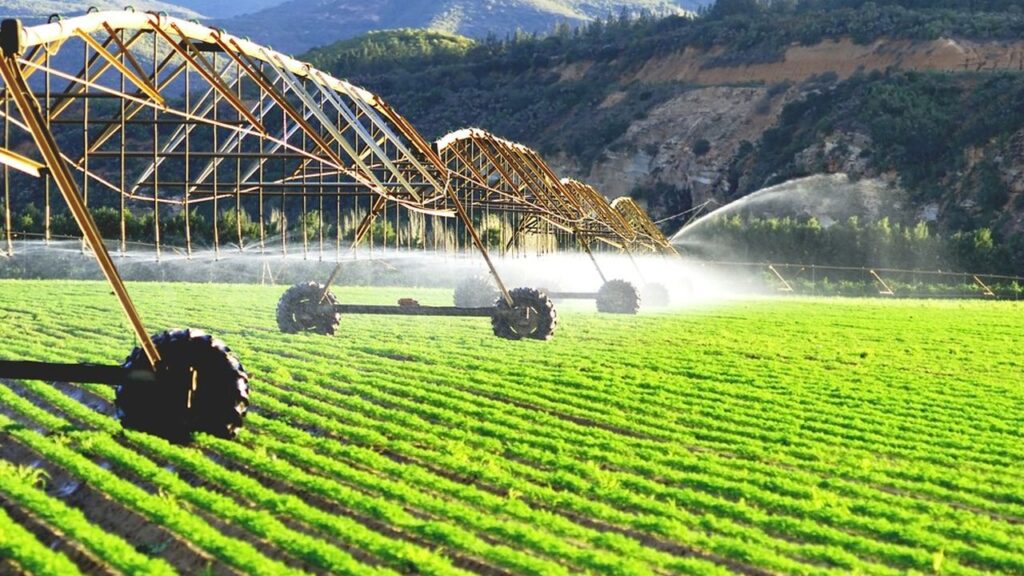
Creativity is essential in developing novel agribusiness models. Entrepreneurs can diversify their businesses by offering specialist items or services to specialized markets. Organic farming, rare crop growing, and farm-to-table programs, for example, cater to consumers seeking healthier, locally sourced options. Creative branding and marketing tactics help these firms stand out, attracting the attention of both environmentally concerned shoppers and food connoisseurs.
Sustainability in Agriculture Business: A Growing Concern
Modern agriculture promotes sustainability. Businesses are implementing environmentally friendly practices that prioritize soil health, water conservation, and biodiversity. Sustainability benefits not only the environment but also the reputation and profitability of agricultural enterprises.
Another critical part of sustainable agriculture practices is water conservation. As water shortage becomes a major global concern, agricultural companies are using efficient irrigation systems and water-saving technologies. To reduce water waste, drip irrigation, rainwater collection, and precision watering methods are being used. These measures not only ensure that this valuable resource is used efficiently, but they also contribute considerably to the overall sustainability of agricultural operations.
Furthermore, corporations understand the importance of biodiversity in preserving environmental equilibrium. Agricultural enterprises promote the coexistence of numerous plant and animal species through strategies such as agroforestry and integrated pest management. This biodiversity harmony not only improves the natural ecosystem but also acts as a natural pest control mechanism, eliminating the need for toxic chemicals.
The Role of Technology in Modern Agriculture
Agriculture is being transformed by breakthroughs in technology such as precision farming, IoT devices, and data analytics. Integrating technology optimizes output, minimizes waste, and assures effective resource management, increasing the competitiveness of agriculture firms.
Technology integration in agriculture not only maximizes productivity but also reduces waste. Farmers can reduce misuse of water, fertilizers, and pesticides by accurately managing resources based on real-time data, thereby reducing environmental effects. Effective resource management not only conserves natural resources but also reduces production costs, improving agricultural enterprises’ economic viability.
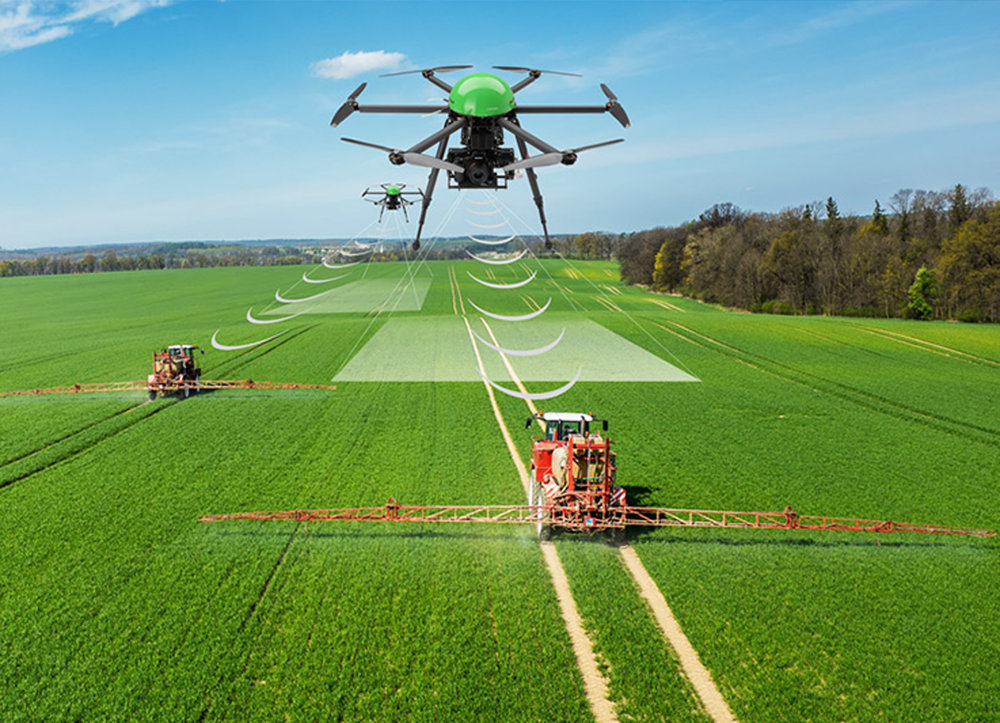
In essence, technology has become the foundation of modern agriculture, propelling extraordinary gains in efficiency and sustainability. Agricultural firms that embrace precision farming, IoT devices, and data analytics are not only assuring their competitiveness but also contributing to a more sustainable and technologically empowered future for the agricultural industry.
Furthermore, corporations understand the importance of biodiversity in preserving environmental equilibrium. Agroforestry and integrated pest management are two examples of approaches that can help.
Challenges Faced by Agriculture Businesses Today
Despite their tremendous potential, agriculture businesses face a number of hurdles, including climate change, market volatility, and regulatory complications. Overcoming these obstacles necessitates strategic planning, creativity, and stakeholder collaboration.
Technology integration in agriculture not only maximizes productivity but also reduces waste. Farmers can reduce misuse of water, fertilizers, and pesticides by accurately managing resources based on real-time data, thereby reducing environmental effects. Effective resource management not only conserves natural resources but also reduces production costs, improving agricultural enterprises’ economic viability.
In essence, technology has become the foundation of modern agriculture, propelling extraordinary gains in efficiency and sustainability. Agricultural firms that embrace precision farming, IoT devices, and data analytics are not only assuring their competitiveness but also contributing to a more sustainable and technologically empowered future for the agricultural industry.
Future Trends in Agriculture Business
Agriculture’s future is an exciting tapestry woven with threads of creativity and technological marvels. The agricultural sector is primed for a transformative journey as we enter this new era, promising extraordinary improvements and altering the way we cultivate our living. Three game-changing factors are at the heart of this evolution: vertical farming, the rise of agricultural technology enterprises, and the incorporation of blockchain applications. These tendencies, like seeds of change, are blooming into substantial advancements, signalling a future in which traditional farming boundaries are being reinvented and altered.
Vertical Farming:
Vertical farming, one of the most revolutionary concepts in modern agriculture, has acquired major popularity. Vertical farming, as opposed to conventional farming, involves raising plants in vertically stacked layers, sometimes within controlled environments such as skyscrapers or shipping containers. This breakthrough maximizes space usage, allowing for year-round cultivation independent of weather conditions. Vertical farms are outfitted with innovative temperature control systems, LED lighting, and hydroponic or aeroponic growing technologies to ensure ideal plant development conditions. This method not only saves land but also significantly cuts water consumption. With the world’s population continually increasing and urban areas developing, vertical farming emerges as a viable method for supplying fresh produce locally while limiting the environmental impact of conventional agriculture.

Thriving in a Changing Agricultural Landscape:
Professionals who adapt and embrace these transformative trends will find themselves at the forefront of a booming sector as these transformative trends change the future of agriculture. Adapting entails not only learning new technologies but also cultivating a mindset that embraces change and innovation. It necessitates a commitment to continuing learning, remaining current on emerging technology, and actively participating in the digital transformation of the industry. Adopting these trends enables professionals to confidently navigate the ever-changing agricultural landscape, ensuring their relevance and success in this dynamic and lively area.
Conclusion:
To summarize, the future of agriculture is not a distant vision but a tangible reality that is developing in front of our eyes. The agriculture industry is witnessing a dramatic transformation, with vertical farming redefining spatial limits, agricultural technology corporations boosting efficiency and productivity, and blockchain applications providing transparency and trust. Adopting these trends not only moves the industry forward but also lays the groundwork for a more sustainable and technologically sophisticated future. Individuals and organizations who embrace these advances wholeheartedly will not only thrive but will also play a critical part in defining the agricultural landscape of tomorrow as we embark on this transformative path.

